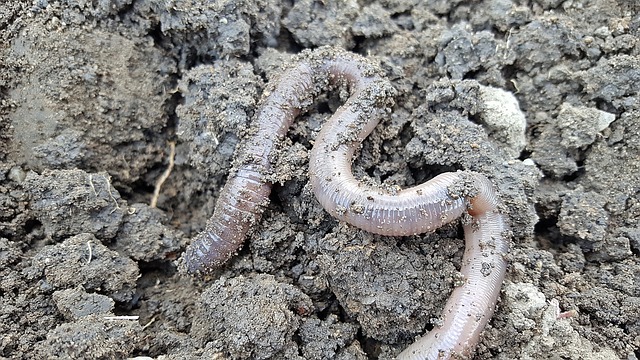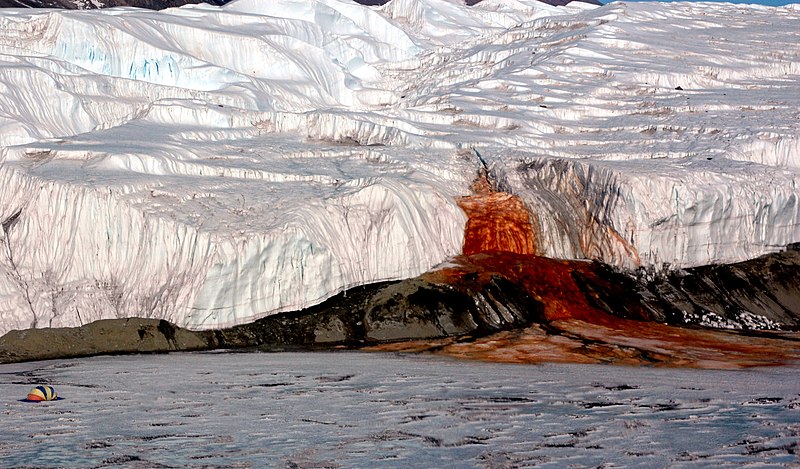Forget spaceships and laser beams; a silent invasion unfolds beneath our feet. A recent Stanford University study reveals a less dramatic but no less concerning alien invasion: the rapid spread of non-native earthworms across North America. These seemingly innocuous creatures, introduced through unintentional human activities, pose a significant threat to delicate ecosystems.
Led by Professor Elizabeth Hadly, the research compiled the largest-ever database of non-native earthworm species in North America, identifying at least 70 different species established across the continent, highlighting the widespread nature of the invasion.
From Friend to Foe:
Transitioning from ally to adversary, the role of earthworms in shaping soil health takes a stark turn when non-native species enter the scene. While their native counterparts contribute positively to soil ecosystems, the absence of co-evolutionary history in these newcomers results in a cascade of detrimental consequences.
One significant impact lies in the voracious consumption of fallen leaves and organic matter by non-native earthworms. This insatiable appetite deprives native insects, amphibians, and other soil-dwelling organisms of crucial food sources, upsetting the delicate balance of the ecosystem.
The impact of certain earthworm species goes beyond disrupting soil structure. Some, like the alien jumping worm, can alter soil conditions to the detriment of trees such as the sugar maple. These alterations, including changes in pH, texture, and nutrient levels, create inhospitable environments for native plants.
The drying out of the soil by these earthworms hampers the growth of native plants, creating opportunities for invasive species to thrive. The problem is compounded by the fact that these alien earthworms were transplanted without allowing natural evolution to occur in their new ecosystems. This hasty introduction disrupts the intricate balance of the food web, making it easier for invasive plants to establish themselves.







